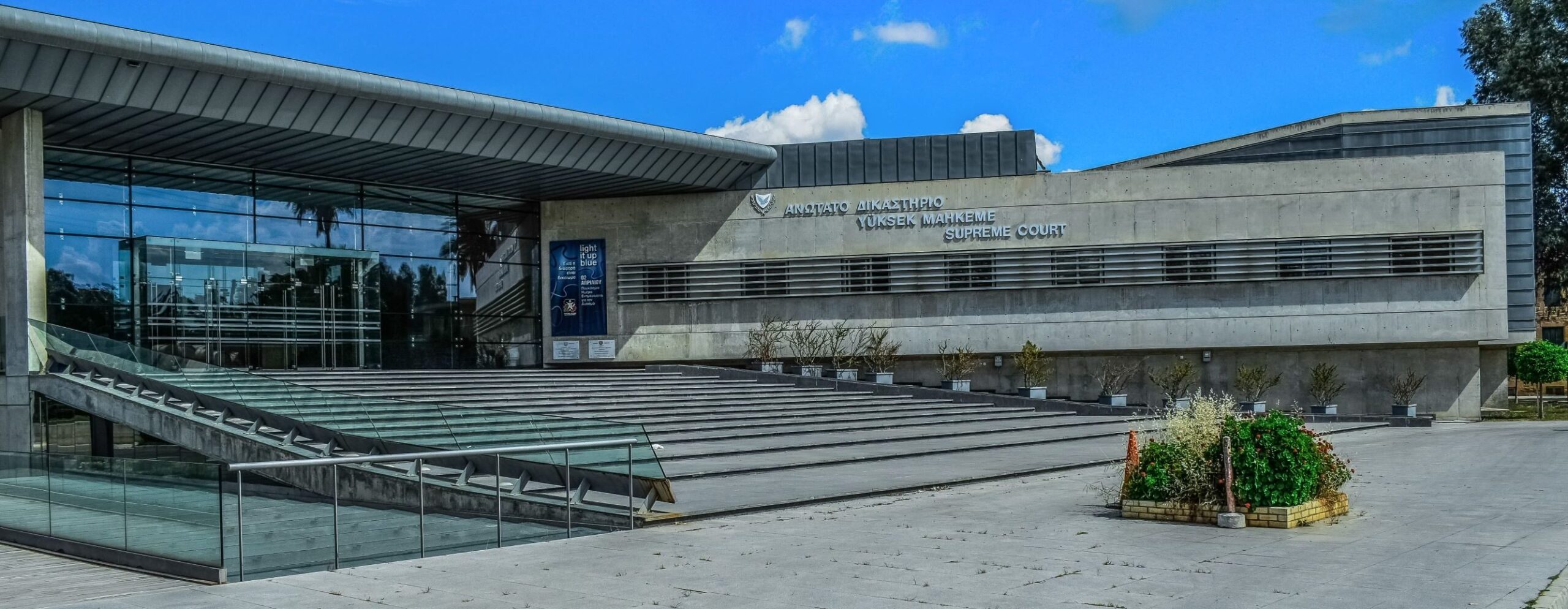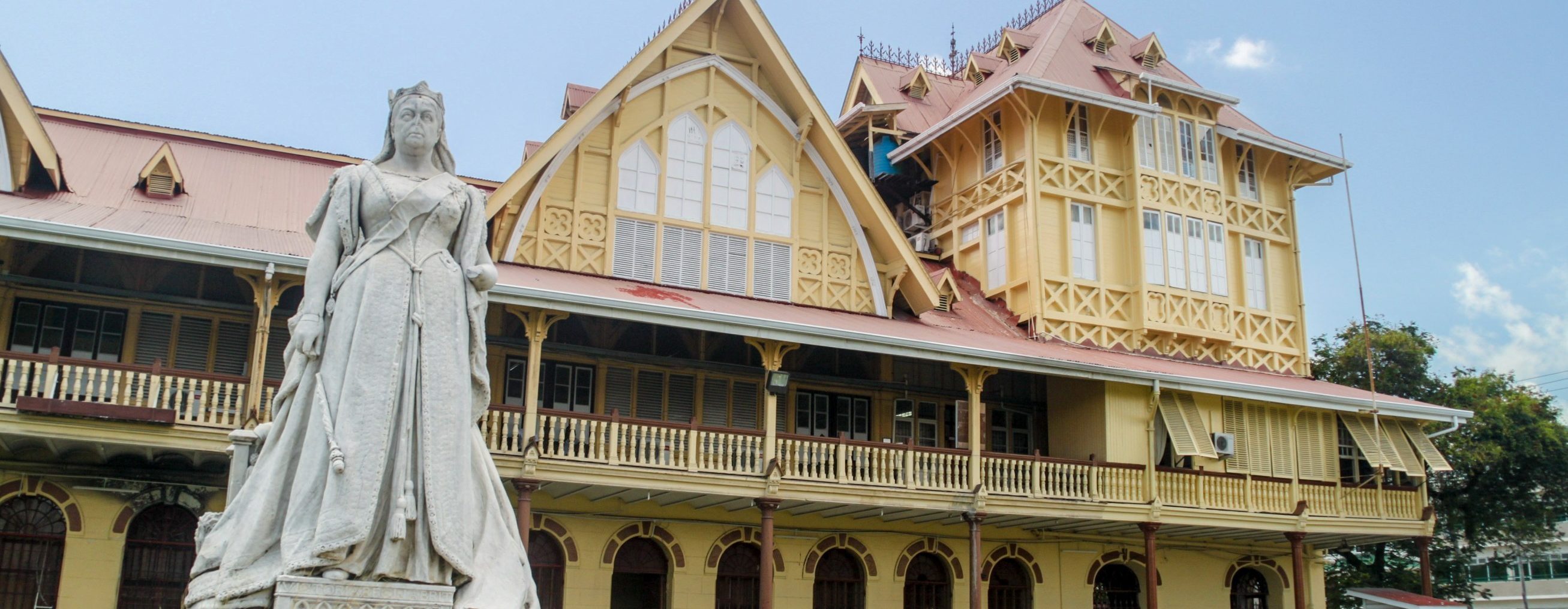We use cookies to help you navigate efficiently and perform certain functions. You will find detailed information about all cookies under each consent category below.
The cookies that are categorised as "Necessary" are stored on your browser as they are essential for enabling the basic functionalities of the site. ...
Necessary cookies are required to enable the basic features of this site, such as providing secure log-in or adjusting your consent preferences. These cookies do not store any personally identifiable data.
Functional cookies help perform certain functionalities like sharing the content of the website on social media platforms, collecting feedback, and other third-party features.
Analytical cookies are used to understand how visitors interact with the website. These cookies help provide information on metrics such as the number of visitors, bounce rate, traffic source, etc.
Performance cookies are used to understand and analyse the key performance indexes of the website which helps in delivering a better user experience for the visitors.
Advertisement cookies are used to provide visitors with customised advertisements based on the pages you visited previously and to analyse the effectiveness of the ad campaigns.
Nigeria 2017
by Peter Birkett QC
The ICCA arrives in Abuja
In July of 2017 I was invited to lead a group of Trainers to train a group of Prosecutors attached to the Nigerian Federal Serious Case Group in Abuja. The invitation had originally emanated from Andrew Carney the Criminal Justice Adviser at the High Commission there. He had already been engaged in Capacity building programmes there and had suggested to the DPP and AG of Nigeria that the sort of training programme offered internationally by the ICCA might be of benefit to them. The challenges faced by these Prosecutors were unenviable as Boko Haram and other terrorist groups were active on an almost daily basis there.
As a result of meetings in advance of the workshop a programme was devised and Trainers invited. On the 1st July we flew out to Abuja. Sarah Whitehouse QC Sarah Clarke QC from London, Simeon Evans and I from Manchester. It was an overnight flight which meant we had a Sunday in Abuja relaxing before the four-day seminar started on the Monday.
We were based at the Bon Stratton Hotel in Asokoro which was in a central area of the city and proved to be ideal both for the Trainees who were all based in Abuja and for the four of us who were (comfortably) accommodated there. We had excellent rooms for the seminar comprising a large and well-lit room in which the plenary sessions were held and two breakout rooms on an upper floor. The hotel manager Bennie proved to be immensely supportive and helpful throughout and provided us with a barbecue on the last night. The staff and facilities there were excellent and we were able to avoid the local travel difficulties which have impacted on the delivery of programmes in the past.
Delivering the training
The programme was in customary form. Day 1 was spent with plenary sessions and with a substantial case analysis element. Unfortunately, it is my experience that many if not all of the delegates, particularly where they are employed as opposed to being independent members of the Bar, tend to come to a seminar like this more or less wholly unprepared. I have found that the only way forward is to factor in preparation time into the programme itself. Thus on day 1 we had lengthy case analysis with a break for reading of the papers. In the afternoon we had presentations and demonstrations of examination in chief with roles being assigned for the breakout groups which were commenced on the following day. Finally they were given the opportunity to prepare performances before the day’s proceedings were closed.
This pattern was repeated on the following days when we moved on to cross examination and speeches/submissions.
As will have been the experience of others, our trainees became more and more enthusiastic as the programme proceeded. Whereas certain of our Prosecutors started off thinking that this was yet another training session, the commitment and response by the end was really heartening.
The exercise had been devised by Andrew and was a case of the type that the Trainees might regularly prosecute i.e. an allegation of taking preparatory steps for an act of terrorism, in this case acquiring bomb making materials and reconnoitring likely targets. An advantage of the case being so true to life was that, in the plenary sessions we were able to widen the discussion beyond simply the challenges of Advocacy but also how evidence could be collated and prepared and how electronic and diagrammatic evidence could be presented. With this group we had been specifically invited to undertake these additional tasks and the course was undoubtedly improved and perceived to be more relevant as a result.
Uplifting and Empowering
On the final day, each Advocate was invited to deliver a final speech. Some, with encouragement, delivered their speeches without a note. For many of them the exercise proved to be uplifting and empowering; happily everybody had prepared it properly and there was by the end a real atmosphere of achievement in the room. The esprit de corps that sometimes can be created found wonderful expression as each applauded the efforts of their colleagues.
This programme was delivered under the auspices of the British High Commission and H.E. Paul Arkwright entertained us all for dinner on the last night of the course. It was, I believe a hugely successful week and my intrepid group of fellow Trainers could not have given more; their good humour and personal empathy towards the Trainees was exemplary.
Andrew Carney, who was about to leave Abuja, used all his military training to ensure that nothing was forgotten. Both he and his colleagues at the BHC gave us support, friendship and encouragement throughout.
We have each promised to return, if asked!


